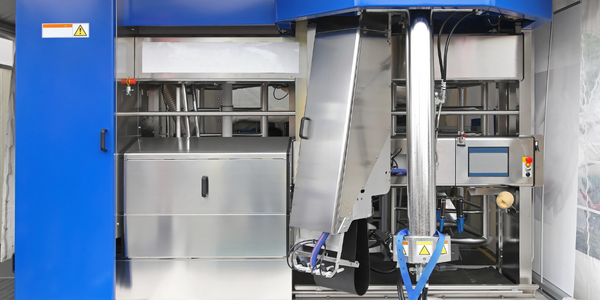Delivering Data to Farmers to Feed the World
公司规模
Mid-size Company
地区
- Africa
- America
- Europe
国家
- Kenya
- Netherlands
- United States
- Ukraine
产品
- Talend ESB
- SoilCares Scanner
技术栈
- Talend ESB
- Java
实施规模
- Enterprise-wide Deployment
影响指标
- Productivity Improvements
- Cost Savings
- Revenue Growth
技术
- 平台即服务 (PaaS) - 数据管理平台
- 分析与建模 - 大数据分析
适用行业
- 农业
- Software
适用功能
- 现场服务
- 商业运营
用例
- 农场监控与精准农业
- 预测性维护
- 远程资产管理
服务
- 软件设计与工程服务
- 系统集成
关于客户
Springg, a part of DutchSprouts, is a software company based in the Netherlands, dedicated to enhancing agricultural productivity by providing innovative solutions to farmers. With a focus on increasing crop yields, Springg aims to address the global challenge of feeding a growing population, projected to reach 9 billion by 2050. The company collaborates with organizations like the Bill and Melinda Gates Foundation to extend its reach to farmers in remote regions, starting with Kenya and expanding across Africa. Springg's mission is to democratize access to soil testing and fertilizer advice, enabling farmers to achieve significant yield improvements and contribute to global food security. With a team of 51-200 employees, Springg leverages technology to deliver real-time soil analysis and empower farmers with actionable insights.
挑战
By 2050, the global population is expected to reach 9 billion, posing a significant challenge in terms of food production. The current agricultural practices are insufficient to meet the growing demand, especially in remote regions where access to soil testing and fertilizer advice is limited. Traditional soil testing methods are time-consuming and inaccessible to the majority of the 500 million farmers worldwide, with only 20 million having access to laboratories. This situation necessitates a scalable and efficient solution to provide timely and accurate soil analysis to farmers, enabling them to increase their crop yields and contribute to global food security.
解决方案
Springg, in collaboration with DutchSprouts, developed a mobile soil testing solution using Talend ESB to provide real-time soil analysis to farmers. The solution involves mobile labs equipped with sensors that travel to remote areas, allowing farmers to bring soil samples for immediate testing. The results are processed through Talend ESB, which collects and analyzes the data, delivering a PDF report to the farmers within 30 seconds. To further enhance accessibility, Springg introduced a handheld SoilCares scanner, enabling farmers to conduct soil tests independently using a smartphone app. This approach significantly reduces the cost and time associated with traditional soil testing methods, making it affordable and efficient for farmers worldwide. Talend ESB plays a crucial role in the architecture, facilitating data integration and management, and supporting Springg's rapid growth and scalability.
运营影响
数量效益

Case Study missing?
Start adding your own!
Register with your work email and create a new case study profile for your business.
相关案例.
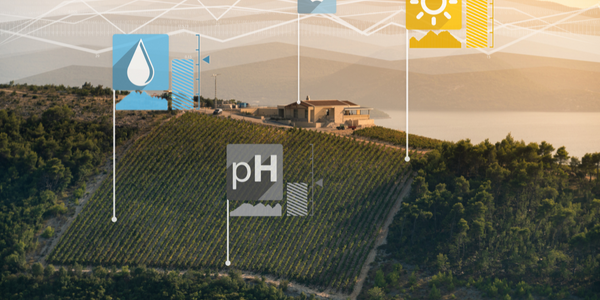
Case Study
Intelligent Farming with ThingWorx Analytics
Z Farms was facing three challenges: costly irrigation systems with water as a limited resource, narrow optimal ranges of soil moisture for growth with difficult maintenance and farm operators could not simply turn on irrigation systems like a faucet.
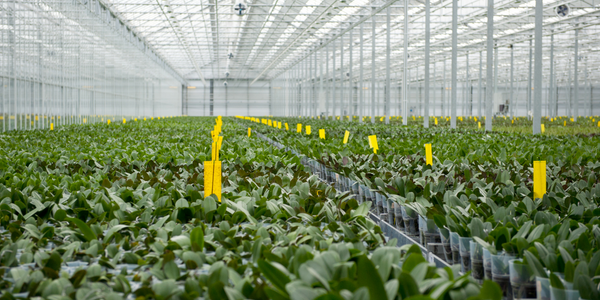
Case Study
Greenhouse Intelligent Monitoring and Control Solution
Farming Orchids is the most successful form of precision farming in Taiwan, and also the most exported flower. Orchids need a specific temperature and humidity conditions to grow and bloom, and its flowering time may not be in line with market demands, so the price collapses when there is overproduction. Therefore, some farmers began to import automated greenhouse control systems for breeding and forcing, which not only improves quality, but also effectively controls the production period and yield to ensure revenue. In 2012, an orchid farmer built a Forcing Greenhouse of about 200 pings (approximately 661 Square Meters) in Tainan, Taiwan. The system integrator adopted Advantech’s APAX-5000 series programmable automation controllers to build the control platform, coupled with Advantech WebAccess HMI/SCADA software, to achieve cloud monitoring. The staff of the orchid field can monitor important data anytime via smart phone, iPad, and other handheld devices, and control the growth and flowering conditions. System requirements: In the past, most environmental control systems of orchid greenhouses in Taiwan used PLCs (Programmable Logic Controller) with poorscalability and control, and could not be connected to the Internet formonitoring from the cloud. For advanced database analysis and networking capability, the PC platform must be adopted. Therefore, PAC Systems (Programmable Automation Controller) with both PLC programming capabilities andPC functions is a better choice.The environmental control of the Orchid greenhouse switches on and off devices like fan, shade net, cooling/heat pump, liquid flow control, water-cooling wall etc. It is controlled by a control panel of electric controllers, and is driven by a motor, to adjust the greenhouse temperature, humidity, and other environmental conditions to the set parameters.
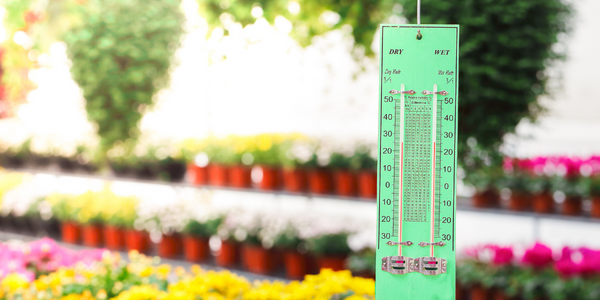
Case Study
Precision beekeeping with wireless temperature monitoring
Honeybees are insects of large economic value and provide a vital service to agriculture by pollinating a variety of crops. In addition, bees provide us with valuable products such as honey, beeswax, propolis, bee venom, etc. Monitoring of honeybee colony health, population, productivity, and environmental conditions affecting the colony health have always been exceedingly difficult tasks in apiculture. Research has shown that even small deviations (by more than 2°C) from the optimal temperatures have a significant influence on the development of the brood and the health of adult bees.
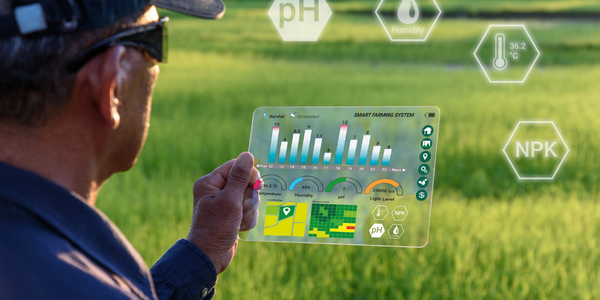
Case Study
Enabling Internet of Things Innovation in Agriculture
DigiBale, wanted to apply technology know-how and IP from implementations successfully to more agriculture sectors including cotton, forestry, sugarcane and cattle. However, farmers and growers still have worries about the connected technology.







